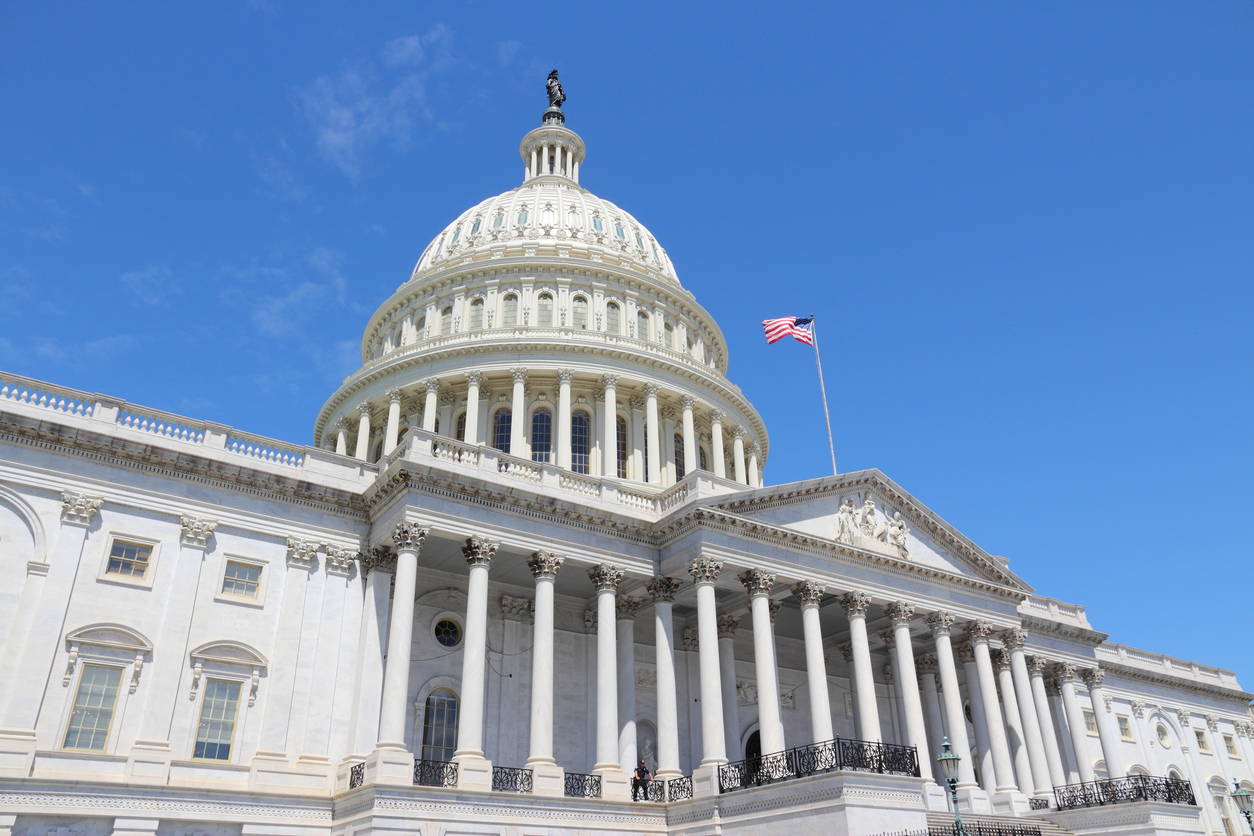
By Kritika Agarwal
The Senate Health, Education, Labor, and Pensions (HELP) Committee has released a bill that could have major implications for college access and affordability.
The committee’s proposed legislation is part of Republicans’ massive reconciliation package and makes several changes to a bill passed by the House last month. If the Senate passes its version, the two chambers would need to reconcile the differences in their bills and vote again on a final, unified package.
Notably, the Senate bill does not make any changes to Pell Grant eligibility unlike the House, which changed the eligibility requirements for part-time students and the number of credit hours students would need to enroll in per semester to be considered “full-time” and receive the maximum Pell Grant award. (AAU had opposed the House provisions.)
The Senate bill also excludes risk-sharing provisions in the House bill, which would require colleges and universities to pay the unpaid interest and principal on certain federal student loans back to the federal government.
Instead, the bill would block federal loans for undergraduate programs “where former students earn less than the typical high school grad in their state” and for graduate programs “where former students earn less than the typical bachelor’s degree holder in their field and state.” These provisions could especially hurt students’ ability to attend particular undergraduate programs in certain fields.
The Senate bill maintains provisions in the House bill that would eliminate the Stafford and Grad PLUS loan programs and exclude new borrowers (starting July 1, 2025) from qualifying for the Public Service Loan Forgiveness program.
The Senate bill also sets higher caps on certain student loan programs than does the House, but the new caps may still fall short of covering a student’s full cost of attendance. Limits on how much graduate and professional students can borrow would especially make it harder for low- and middle-income students to access professional degrees, such as law or medicine, that yield high earnings.
Additional information about what the bill contains can be found on the Senate HELP Committee’s website or in Inside Higher Ed or Higher Ed Dive.
Kritika Agarwal is assistant vice president for communications at AAU.